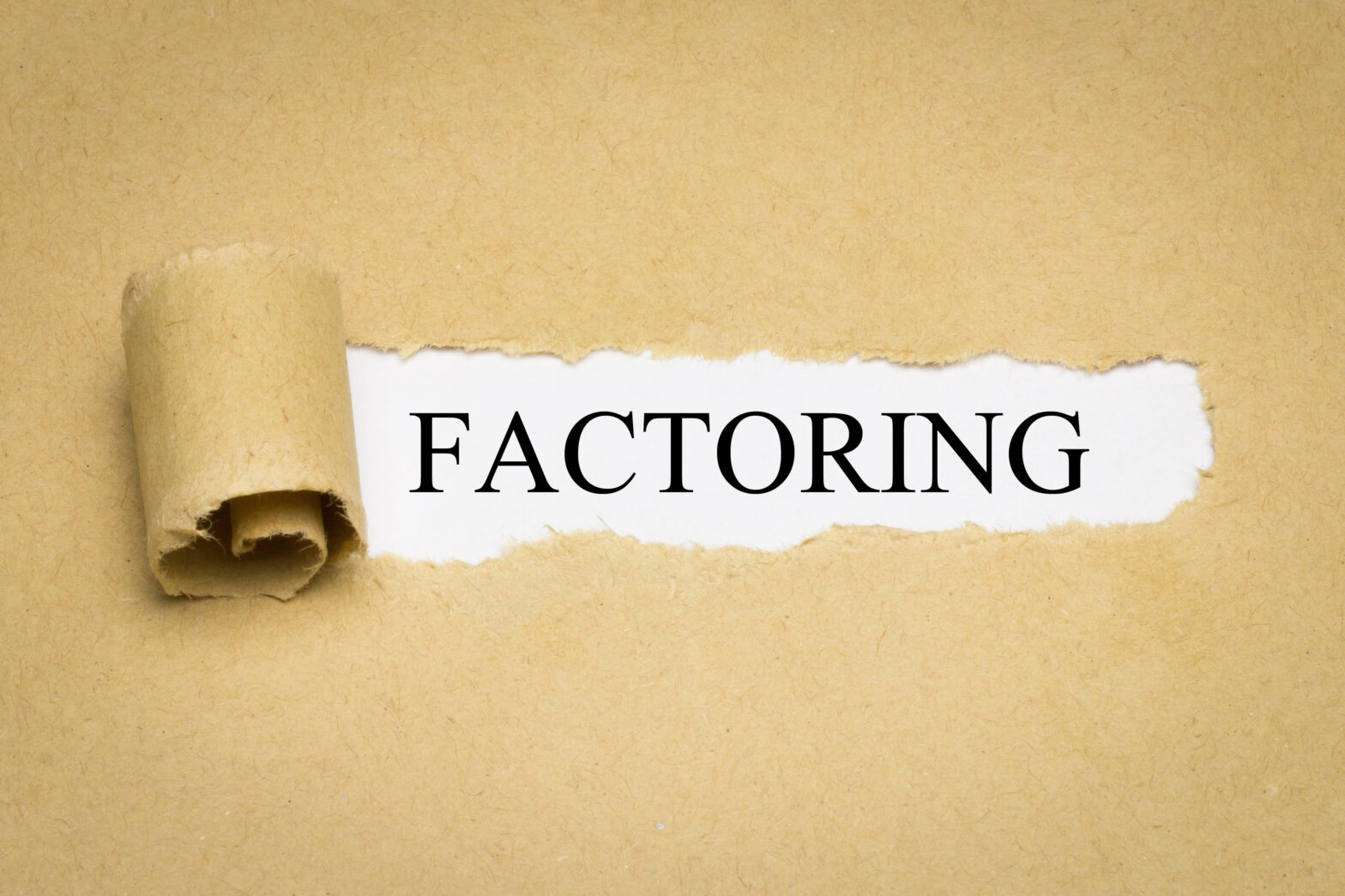On the surface, invoice factoring might seem like yet another kind of business finance that’s packed with jargon and difficult to understand. But it’s actually a very useful product, and if you can get past the technical language it might be a good fit for your business. Let’s take a closer look at invoice factoring.
What is factoring?
Factoring is a subcategory of invoice finance, aimed at any business that sells to other businesses on credit.
If you invoice your customers, you’ll usually accept a purchase order from a customer, finish the work, and invoice for it on completion. Payment terms can be anything from 14 days to 120 days, assuming the customer pays on time — if not, that payment delay gets even longer.
Broadly speaking, with invoice finance you ‘sell’ owed invoices to the lender, shortening the payment period so you get paid sooner for work you’ve finished or products you’ve delivered.
How does factoring work?
As soon as the invoice is raised, you send it to the invoice finance provider to get an advance worth most of the invoice’s value (usually up to 90%). Once your customer has paid the invoice, you get the remaining value minus the lender’s fees.
The key difference between factoring and other types of invoice finance is credit control. This means the lender will take over your collections process, keeping track of everything owing in your sales ledger and issuing payment reminders and chasing late payments where necessary.
Also, factoring is normally applied to the whole sales ledger, meaning you’ll get advances on every outstanding invoice when you raise it. There are some variations of factoring where this is not the case, including spot factoring, where you choose specific invoices to finance, and selective factoring, where you finance specific customer accounts.
What are the benefits of factoring?
The obvious benefit of factoring is that it speeds up the payment cycle so you get paid sooner for delivered work. Having more predictable cashflow makes life easier if you’re taking on new projects, or want to reinvest your revenues without risking a working capital shortage.
For smaller businesses without dedicated credit controllers, having credit control included can be a big advantage — the lender’s team of professional credit controllers means you can focus your energies on other business activities without worrying about chasing invoices or delayed payments.
Some factoring products also offer bad debt protection. This is known as non-recourse factoring, and it means that if your customers don’t pay, the lender won’t ask for the advance back. As you might expect, this type of factoring is more expensive since the lender is taking on more risk, but if you’ve had trouble with non-payment in the past it’s a nice safety net to have.
Confidential factoring and CHOCCS
Most of the time, factoring isn’t confidential, so your customers will know they’re dealing directly with the finance provider. Although some business owners might be reluctant to let a third party deal with their hard-won customers, factoring providers offer experienced professionals who should treat your customers well.
It is also possible to get confidential factoring — where the lender’s credit controller will deal with your customers like a representative of your company. If confidentiality is important to you, invoice discounting offers another route, because it’s usually confidential and you’ll deal with collections yourself.
Finally, some factoring providers offer a hybrid of the two known as CHOCCS — ‘Customer Handles Own Credit Control Services’. With CHOCCS, the facility is non-confidential (or ‘disclosed’) like standard factoring, but you’ll handle your own credit control like discounting.
Conclusion
As you can see, the world of invoice factoring is quite varied. Fundamentally, factoring helps you speed up your payment cycle for more predictable cashflow; it’s usually disclosed (ie not confidential); the lender will normally handle credit control and collections; and some types include bad debt protection (known as non-recourse factoring).
Overall, if you invoice customers and your payment terms are painful, invoice factoring could be good fit for your business.
Conrad Ford is chief executive of Funding Options.








